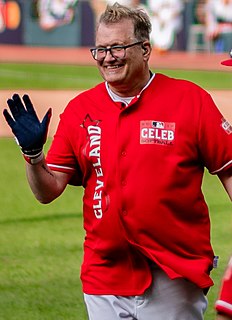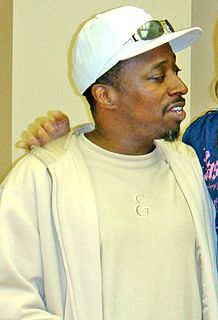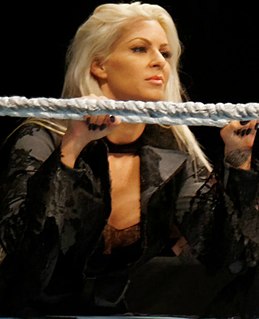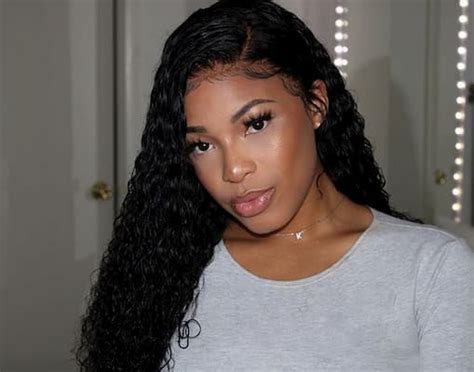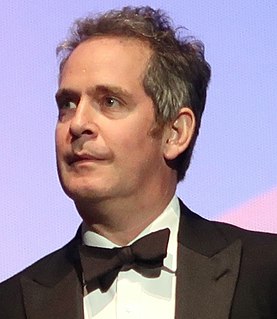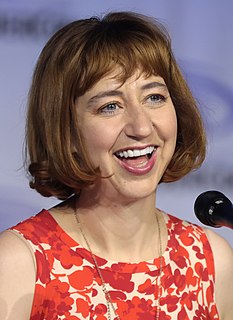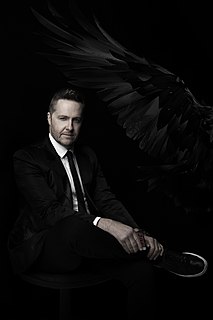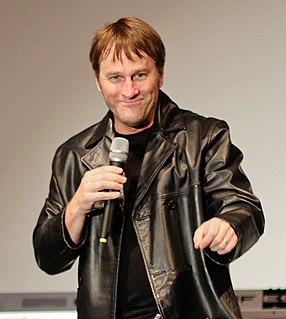A Quote by Drew Carey
TV is easier: it's all planned out for you and the audience is there to see a show and they are all pumped up but when you are in a comedy club, you have to be really funny to win them over.
Related Quotes
If you tell the reader it's funny, then the audience is like an audience at a stand-up comedy club and they expect you to be funny, and if you're not, they notice. Whereas if you read a regular op-ed about Israel or the family or medicine, you're not starting with the assumption that you're supposed to laugh.
Comedy is a funny thing, and it's really not like any other art form in that it's very specialized and varied in it's content, but generic in it's title. You would never go to a club just to see "Live music," you would go to a jazz club to see jazz, a blues club to see blues, etc. But when you go to see "standup comedy," if you don't know the performers material, you really don't have any idea what you're gonna get.
Right now everything is pumped up. Cars look like someone took an air pump and pumped them up. They look engorged. Lips pumped up, breasts pumped up, everything is pumped up. And it's also kind of off-putting. It's sexual but in such a hard way that it's, for me, not sexual at all. Whereas the 1970s, breasts were smaller. People were not wearing bras. Farrah Fawcett's sexuality and sensuality was a very touchable sexuality. She was kissable. She was friendly.
I enjoy it all: performIng, doing TV, movies, comedy, drama, stand-up, animation voicework, singing, but you get that instant gratification from stand-up because it's your own commentary and you get to see the reaction from the audience that's right there in front of you. I also love coming up with characters and watching people embrace them and enjoy them.
I've never been funny. I don't think I'm funny. People say I'm funny. I go, 'No. No. I'm not.' But again, knowing what it means to film on a TV show and on film, you have to repeat, repeat, repeat. You have to do the same thing a number of times if you're filming a sequence. And to carry that energy in a comedic mode, would be a challenge that I really would frightfully scared, but I'd have to buck up and pull up my bootstraps and say, 'I can do this. Let's figure it out.'
I'm more than a little suspicious of humor in poems, because I think it can at times be a way of getting a reaction out of a reader, or an audience, that is something closer to relief: i.e., thank god this isn't poetry, but stand-up comedy. Some poets are really funny, but more often poets are fourth rate stand up comics at best. But they benefit from the sheer relief of the audience.
In the stand-up comedy top, there's room for everyone - if you're good, there's room for everyone. You'll put on your own show - no one casts you. You cast your own show as a stand-up comedian. When you get good at stand-up comedy you book a theater and if people show up, people show up. If people don't show up, people don't show up. You don't have a director or a casting agent or anybody saying if you're good enough - the audience will decide.
